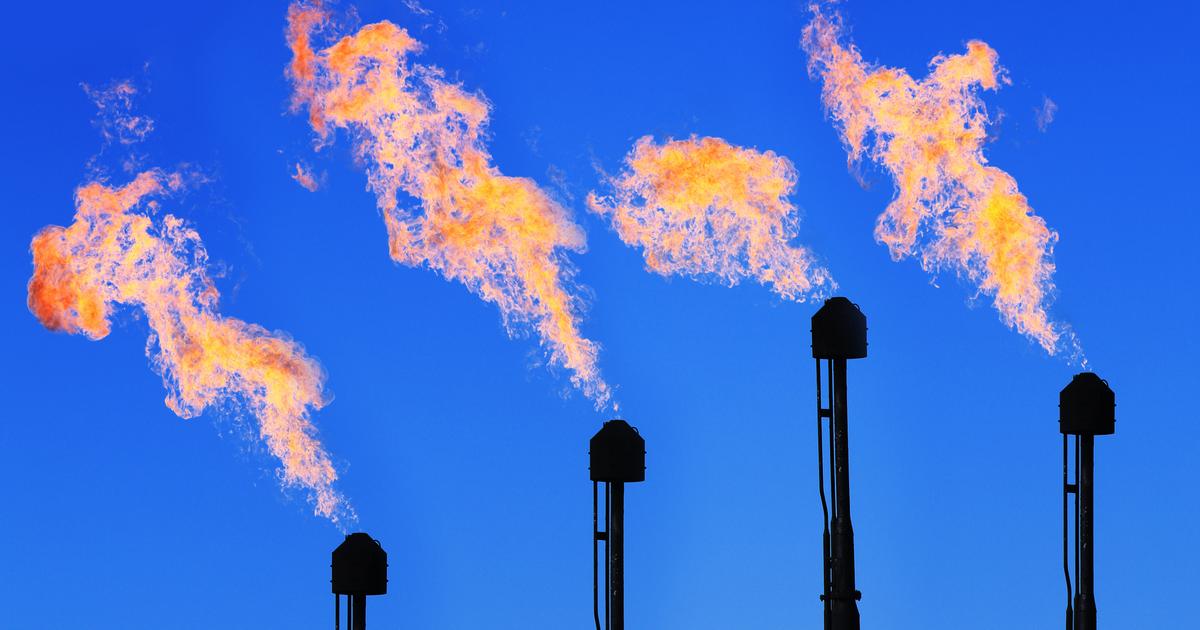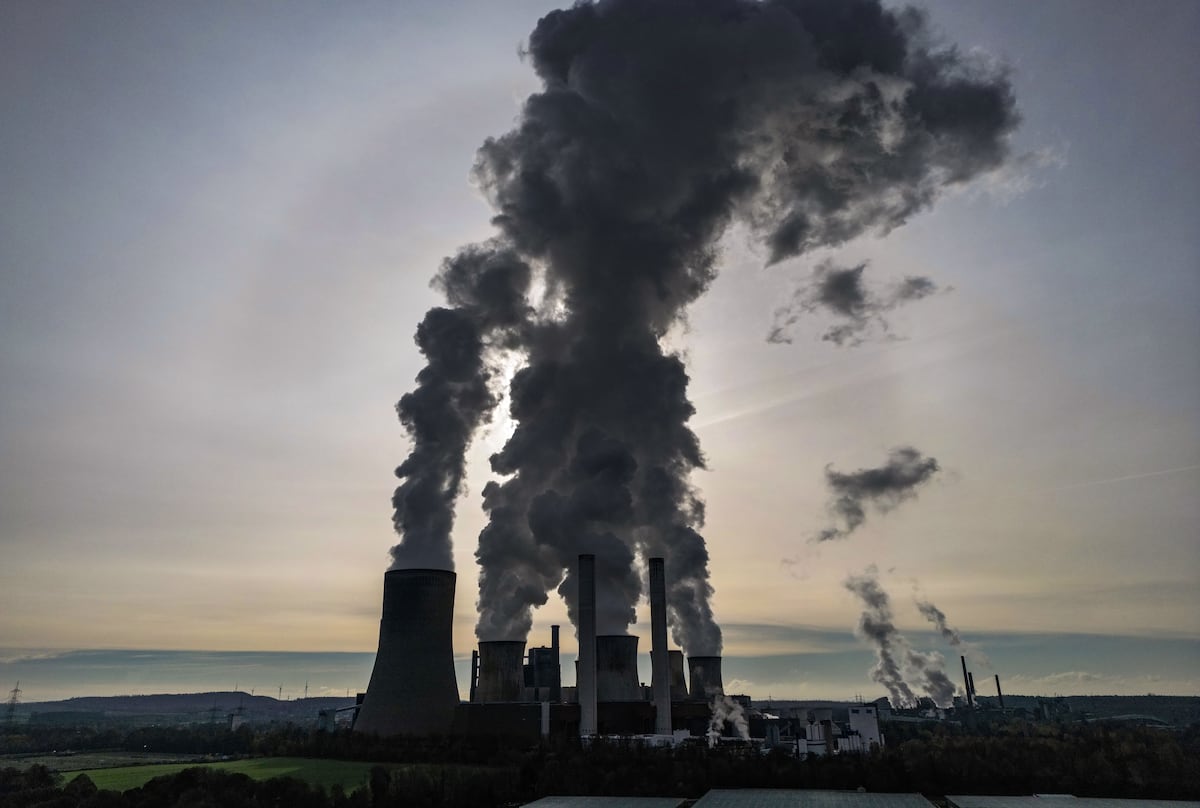The Covid-19 pandemic represents a real challenge for global economies.
But one threat could well have even bigger repercussions: global warming.
According to a study by the Swiss Re Institute, if the average temperature increases by 2 ° C to 2.6 ° C by 2050, global GDP could lose between 11 and 14% each year.
The richest countries would not be spared, since, as calculated by The Guardian, the members of the G7 would lose 8.5% of their annual GDP by the middle of the 21st century.
By comparison, according to the British daily, the economy of these countries shrank by around 4.2% with the health crisis. In the event of a 2.6 ° C rise in temperatures, Asia as well as the group formed by the Middle East and Africa would be the most affected, with a loss of 20.4% and 21.5% respectively of the GDP. And even if the Paris Agreement were respected, and warming was limited to less than 2 ° C compared to pre-industrial times, the world economy would register a decline of 4.2%.
For France, the study shows that with an increase of 2 ° C to 2.6 ° C, the GDP would register annual losses of nearly 10% compared to a world in which the temperatures would be the same as the pre-industrial period.
A perfectly logical link between economy and ecology, since global warming has many consequences, often costly.
It generates "direct impacts, linked to the multiplication of extreme events, such as floods, storms", estimates Sandrine Mathy, research director at CNRS and environmental economist.
These events - like fires and rising sea levels - will lead to the destruction of infrastructure, housing and sometimes even have negative effects on transport.
Health, agriculture and tourism
Global warming also entails "induced costs", for example on health.
They can be linked both to events such as heat waves and to vector-borne diseases (dengue, malaria), which tend to multiply.
“It is expensive for the health insurance system, but in addition, for people still in activity, it will induce absenteeism and loss of productivity,” points out the environmental economist.
Read also Floods: how to deal with an increasingly intense risk?
Other costs incurred will be linked to tourism, also quotes the CNRS research director.
She takes the example of mountain resorts where winter sports will be less and less possible.
“There will not only be less activity, but in addition a net loss if the cost of infrastructure that will no longer be used has not been amortized,” explains Sandrine Mathy.
As the news has proven in recent months, global warming also has an impact on agricultural yields, which can be reduced both by extreme events - such as frost - but also by the gradual warming that makes crops less suitable.
Read alsoGel: how the cold knocked out farmers
Clearly, "the nature of the costs linked to global warming is diverse", summarizes the researcher.
And, according to her, investments to defend the environment are largely beneficial.
“Of course, there are costs to be incurred now, to change our production systems.
But studies show that it is much lower than the cost of the impacts of rising temperatures if we have to deal with it, ”notes Sandrine Mathy, who also specifies that in terms of employment, the energy transition can have beneficial effects. long-term.
But for now, "the political signals are not really going in this direction," regrets the environmental economist.
The new figures, put forward by the study, may convince the powers to act against global warming.















